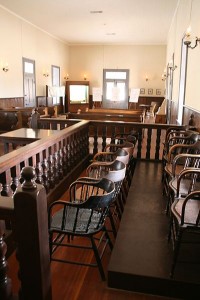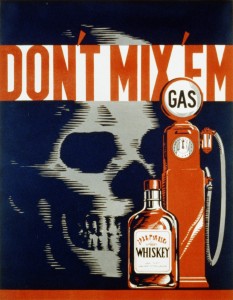J. Bradley Smith of Arnold & Smith, PLLC answers the question “If I have an outstanding warrant, what should I do?”
A Gaston County woman did not drown in the ocean near North Myrtle Beach on July 5. Police are sure of that, but they do not know where Amy Lynette Arrington is. Her husband, Paul Arrington, reported her missing, and initial news reports focused on Mrs. Arrington’s last-known whereabouts: she was last seen on the beach near 24th Avenue North wearing a red bathing suit with a floral design and brown trim. Police used jet skis and boats to locate her.
 Now police say Mr. Arrington’s report was false. They have charged him with filing a false police report and said they have reserved the right to seek repayment for costs associated with searching for Mrs. Arrington.
Now police say Mr. Arrington’s report was false. They have charged him with filing a false police report and said they have reserved the right to seek repayment for costs associated with searching for Mrs. Arrington.
Questions about Mr. Arrington’s missing person story were raised after it was revealed that Mrs. Arrington was supposed to appear in court in Charlotte for trial the following Monday. She was charged with identity theft in October 2013 after she allegedly used another woman’s account to buy thousands of dollars of merchandise on Amazon.com and pay cable and bank bills.
Mrs. Arrington reportedly has a long criminal history, with convictions in Wake, Union and Mecklenburg Counties. If she faked her own death or disappearance to avoid her day of legal reckoning, she is not alone. In fact, faking one’s death or disappearance to avoid court is quite common.
In 2011, a Tennessee woman accused of stealing $2,500 from a Macy’s department store had her case dropped after court officials received a death certificate showing the woman had died in Kentucky from a drug overdose.
 Charlotte Criminal Lawyer Blog
Charlotte Criminal Lawyer Blog









 The answer is a resounding yes! Invariably, the next question is, “How is that fair?”
The answer is a resounding yes! Invariably, the next question is, “How is that fair?”